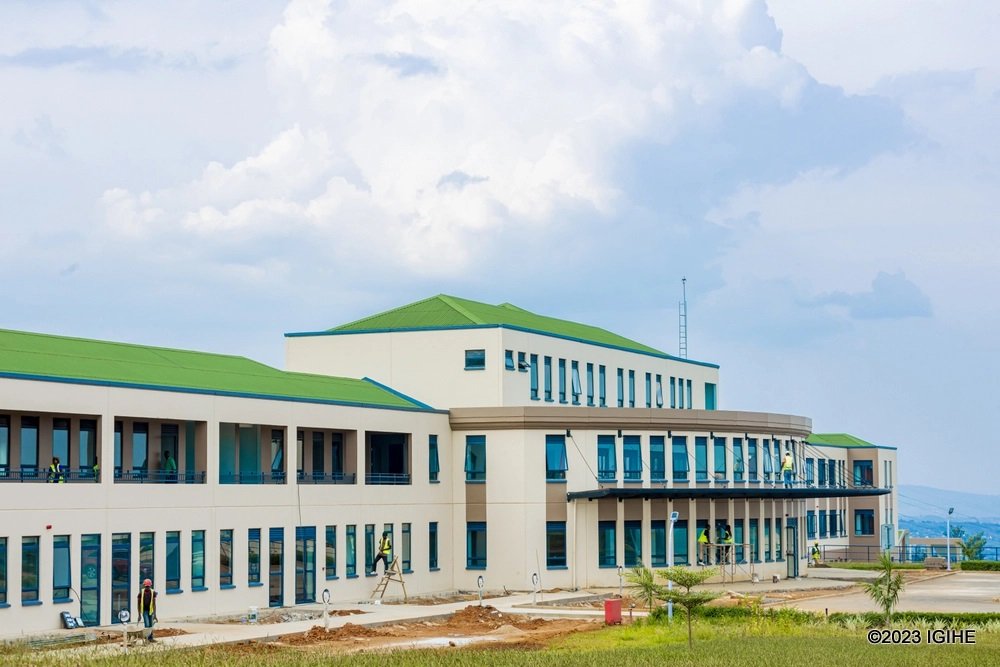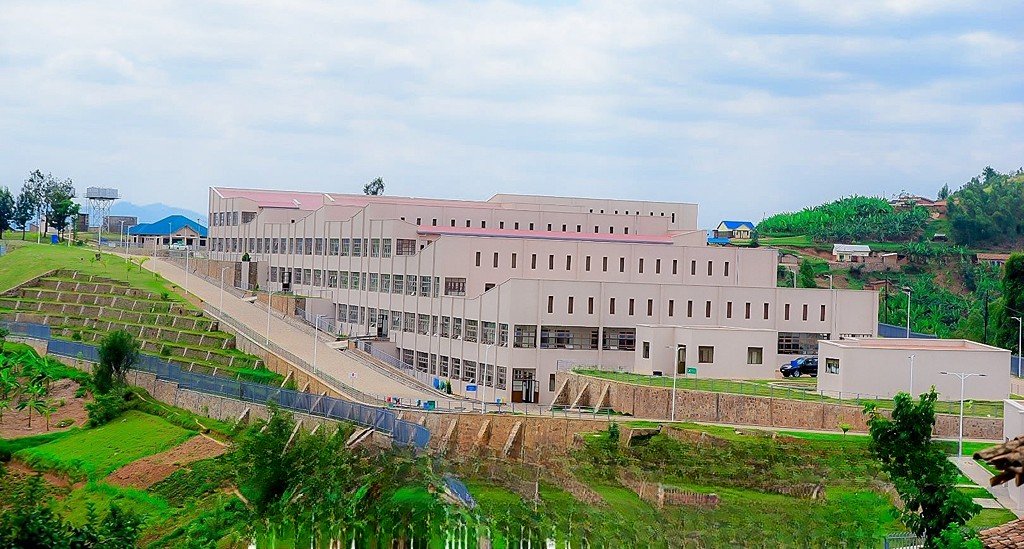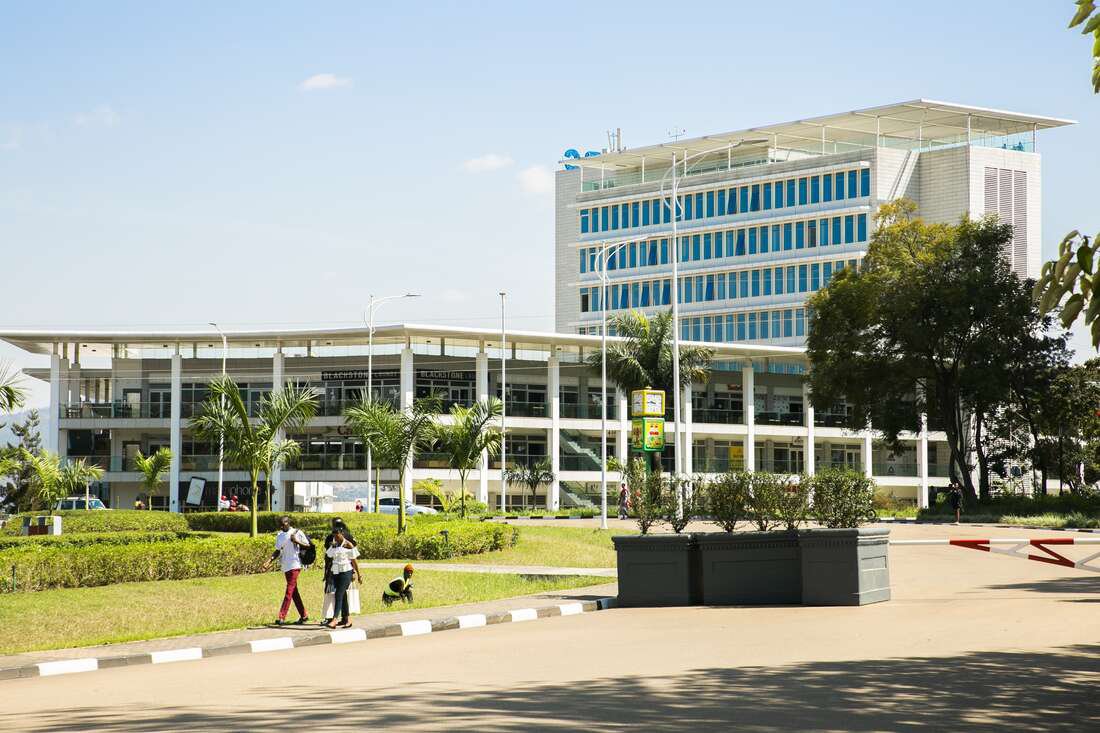Hotels & Commercial Building
HOTELS & COMMERCIAL BUILDING
Investing in hotels and commercial buildings in Rwanda offers several advantages. The country is experiencing steady economic growth, political stability, and a pro-business environment, making it an attractive destination for foreign investment. Rwanda’s government has been actively promoting the country’s tourism sector, which has led to increased demand for hotel and commercial building investments.
Additionally, Rwanda’s strategic location in East Africa makes it a gateway to neighboring countries, further increasing the potential for business opportunities. The country has also implemented several policies and incentives to encourage foreign investment, including tax exemptions and streamlined business registration procedures. Overall, investing in hotels and commercial buildings in Rwanda presents a promising opportunity for investors looking to diversify their portfolios in a rapidly growing market
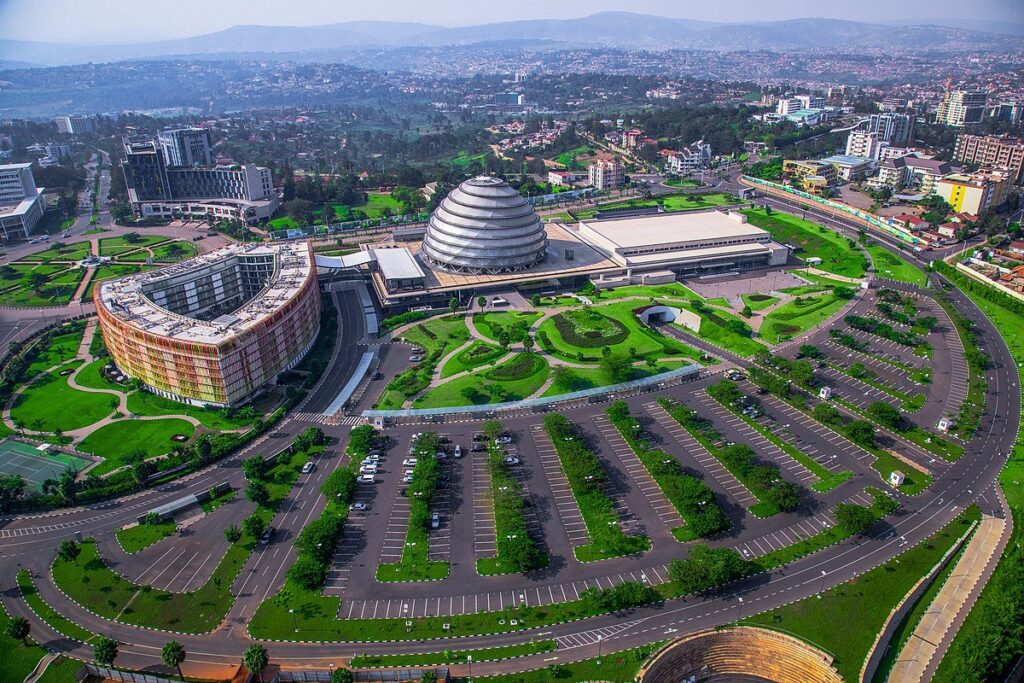
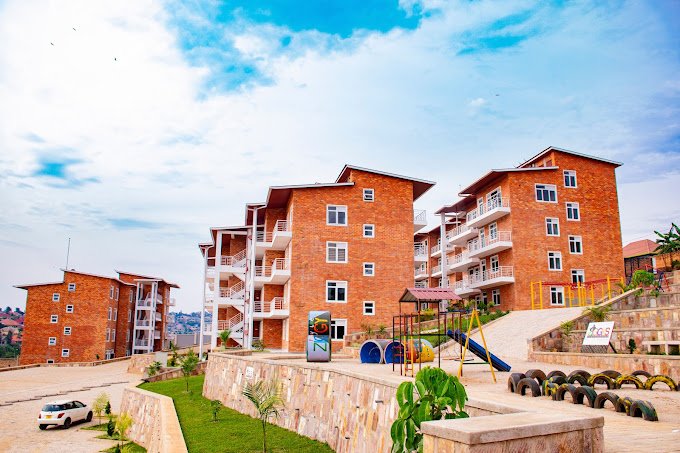
Advantages of Investing
Rwanda, known as the “Land of a Thousand Hills,” has undergone remarkable development over the past decades. The country’s commitment to economic growth, stability, and sustainable development has positioned it as an attractive destination for investment. In particular, investing in hotels, schools, hospitals, and commercial buildings in Rwanda offers numerous advantages. This page explores the key benefits of investing in these sectors and sheds light on Rwanda’s favorable investment climate.
Advantages
Advantages of Investing
in Hotels, Schools, Hospitals, and Commercial Buildings in Rwanda
Rwanda’s tourism sector has experienced significant growth, driven by its breathtaking landscapes, diverse wildlife, and vibrant cultural heritage. Investing in hotels allows you to tap into the country’s tourism potential. The government has implemented policies to support the growth of the hospitality industry, making it easier to establish and operate hotels. With a focus on ecotourism and conservation, Rwanda’s hotel industry offers opportunities for sustainable and responsible tourism.
Investing in schools in Rwanda can be a profitable venture due to the country’s growing population and increasing demand for quality education. The government has prioritized education and made significant investments in improving access to schooling. As the middle class expands and disposable income rises, there is a higher willingness to invest in education. Establishing schools can address the demand for quality education while contributing to Rwanda’s human capital development.
Rwanda has made substantial progress in improving its healthcare system, with a focus on accessibility and quality. Investing in hospitals and healthcare facilities allows you to contribute to the development of Rwanda’s healthcare infrastructure while tapping into a growing market. The government has implemented policies to encourage private sector participation in healthcare, creating investment opportunities in areas such as specialized clinics, diagnostic centers, and rehabilitation facilities.
Rwanda’s rapidly expanding economy presents exciting prospects for investing in commercial buildings. The country’s strategic location within East Africa, along with its improving business environment, makes it an ideal destination for regional and international trade. Rwanda has invested in modernizing its infrastructure, including transportation networks and logistics hubs, fostering a conducive environment for commercial activities. Establishing office spaces, retail centers, and logistics facilities can cater to the growing demand from local and multinational companies.
Favorable Investment Climate: Rwanda is widely regarded as one of Africa’s most business-friendly countries. The government has implemented comprehensive reforms to streamline bureaucracy, enhance transparency, and protect investor rights. Rwanda ranks highly in various global indices for ease of doing business, corruption perception, and governance. Additionally, the country offers incentives such as tax exemptions, investment guarantees, and repatriation of profits, providing a favorable investment climate.
The Rwandan government has consistently demonstrated its commitment to attracting investment and fostering economic growth. The National Investment Policy and Investment Code promote private sector-led development, offering a predictable regulatory framework for investors. Rwanda Development Board (RDB) serves as a one-stop center for investors, facilitating business registration, permits, and licenses. The government’s focus on infrastructure development, education, and healthcare further supports investment in these sectors.
Conclusion: Investing in hotels, schools, hospitals, and commercial buildings in Rwanda presents a range of advantages. The country’s tourism potential, growing demand for education and healthcare services, expanding commercial sector, favorable investment climate, and supportive government policies contribute to a conducive business environment. By harnessing these opportunities, investors can not only achieve financial returns but also contribute to Rwanda’s sustainable development and economic transformation.
